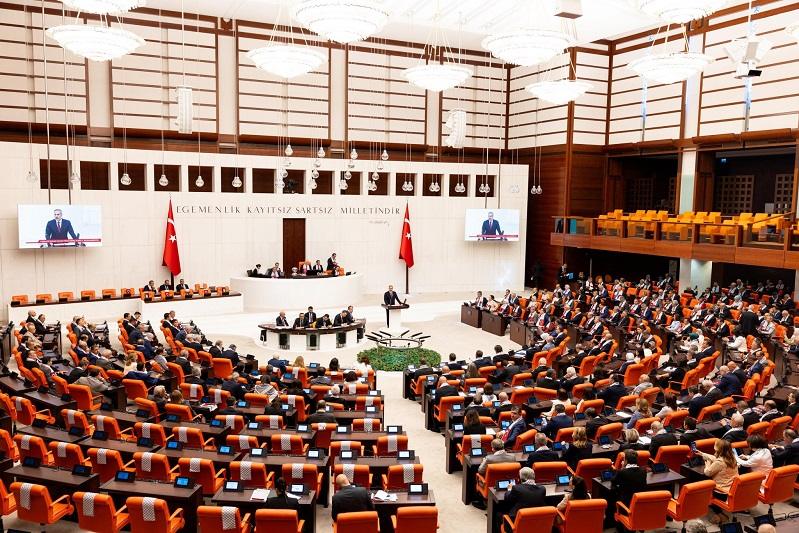Athens continues to face challenges in its tourism recovery, with occupancy rates, room prices, and revenue per room still trailing behind major European destinations like Madrid, Rome, and Barcelona, according to recent industry data.
While the Greek capital shows signs of stabilization, hotel performance in August remains underwhelming, and travelers are opting for shorter stays. Only in comparison with Istanbul does Athens demonstrate a clear advantage in occupancy levels.
Performance Gap Widens in Key Metrics
According to figures from the Athens-Attica and Argosaronic Hotel Association, Athens reported a 2% drop in average occupancy for June 2025 (88.9%), down from 90.6% the same month last year. The Average Daily Rate (ADR) declined 3.7%, from €237.18 to €228.50, and Revenue Per Available Room (RevPAR) also fell 5.5%, landing at €203.04.
Despite a 3.2% increase in RevPAR for the first half of 2025, the city still underperforms relative to its peers. Madrid led with a 6.8% rise in RevPAR, while Rome and Barcelona also posted gains. Istanbul was the only city among the group to see a decline.
Room prices saw similar trends. Madrid increased its rates by 6.6%, Rome by 3.5%, and Barcelona by 3.1%, whereas Athens experienced a slight decline, and Istanbul fell 1.5%.
Uncertain Outlook Amid External Pressures
Industry experts cite several external factors for Athens’ underperformance, including geopolitical instability, the volatile tourism demand from key markets like the U.S. and Israel, and an oversupply of short-term rental properties across the city.
Though tourism entrepreneurs remain anxious, the city’s gradual expansion toward its coastal zones—fueled by major urban development projects—offers a ray of hope. These investments are seen as a potential long-term boost to Athens’ tourism competitiveness.
Slight First-Half Recovery Offers Mixed Signals
In the first half of 2025, Athens’ hotel occupancy improved slightly to 74.5%, a 1.3% increase year-on-year. The average room price edged up to €169.96, marking a 1.9% gain, while RevPAR rose to €126.54, up 3.2%—figures largely driven by stronger results in the year’s first quarter.
Still, tourism professionals warn that unless demand and spending trends shift more substantially, Athens may continue to fall behind other top-tier European destinations as travelers look for better value and experiences elsewhere.
As summer enters its final stretch, the second half of the year will be crucial for determining whether Athens can close the gap or remain on the sidelines of Europe’s tourism rebound.
Source: tovima.com











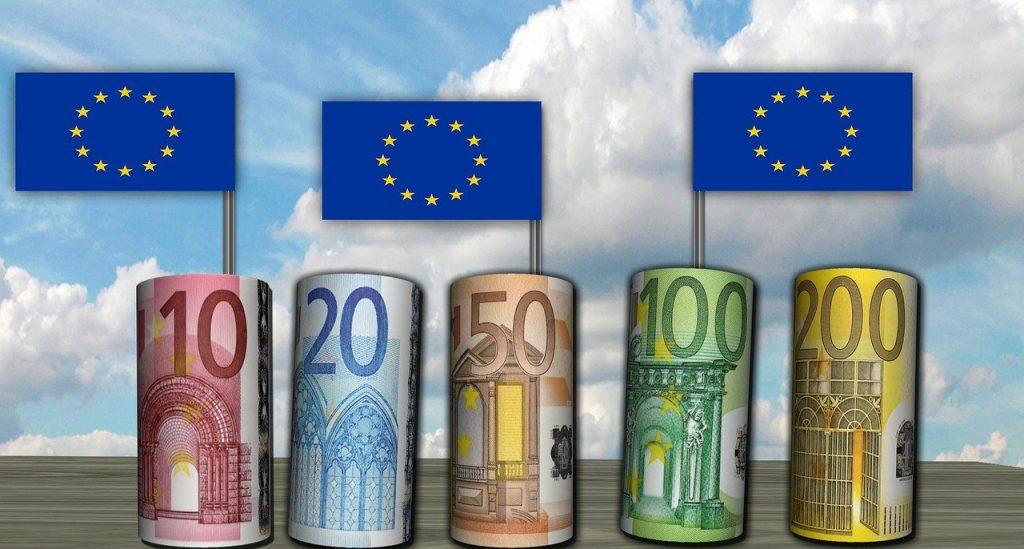




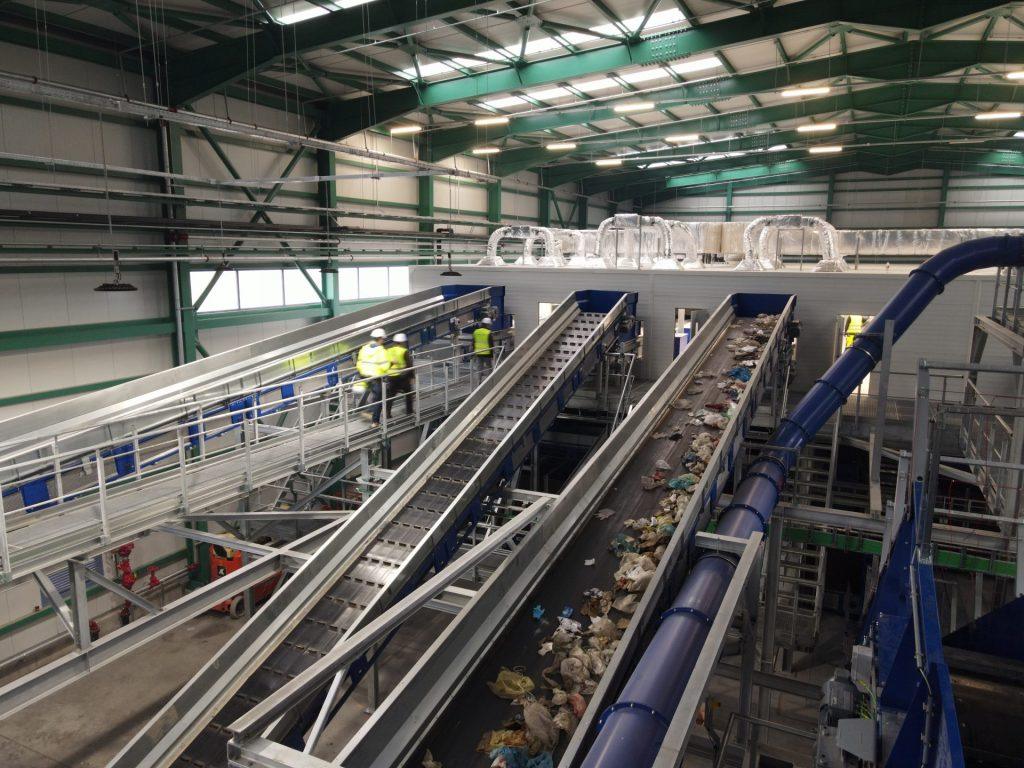





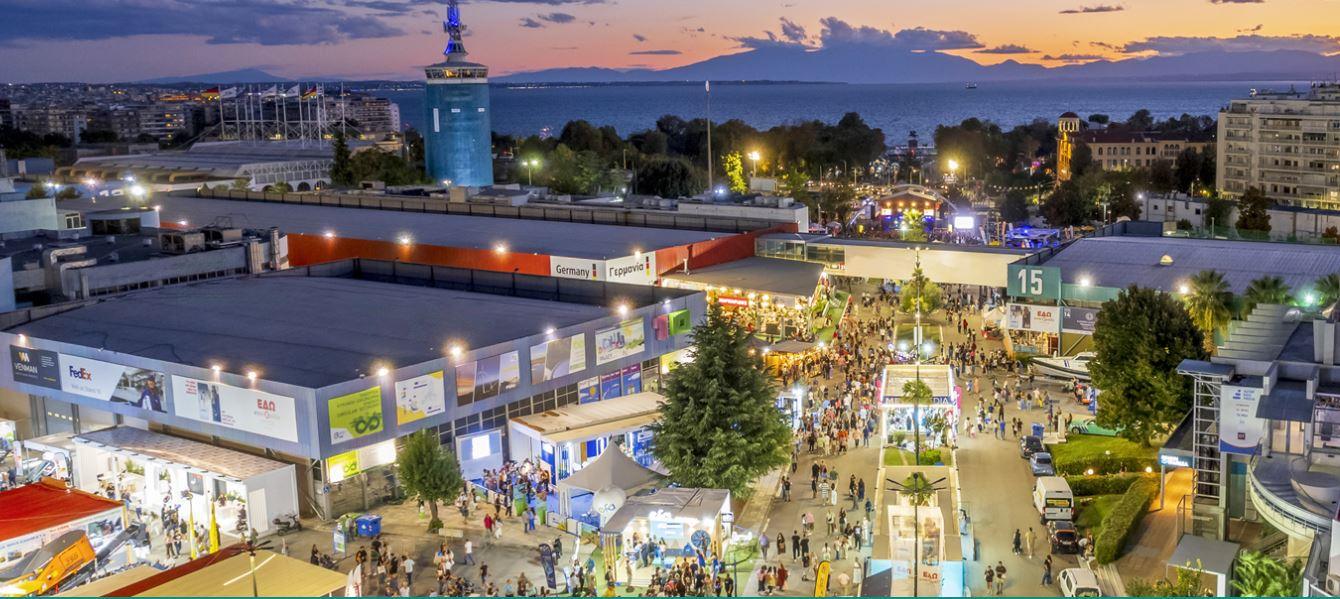

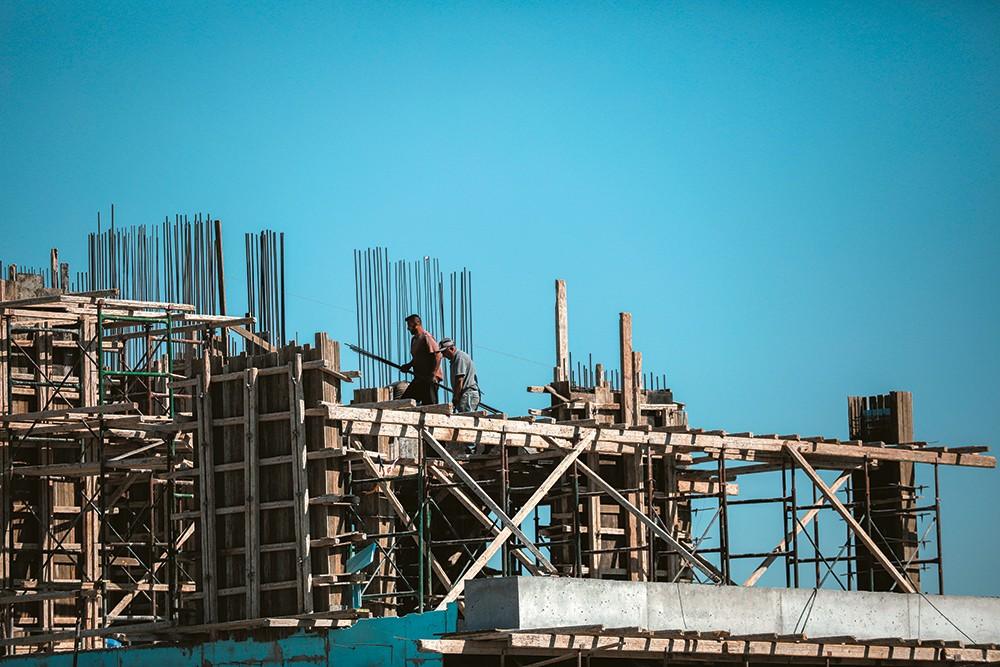





![Alpha Bank: Η χειροτέρευση των δημοσιονομικών και η πολιτική αστάθεια στη Γαλλία [γραφήματα]](https://www.ot.gr/wp-content/uploads/2025/08/gallia-ethnosineleusi-scaled-1-1024x683-1-1-1.jpg)



